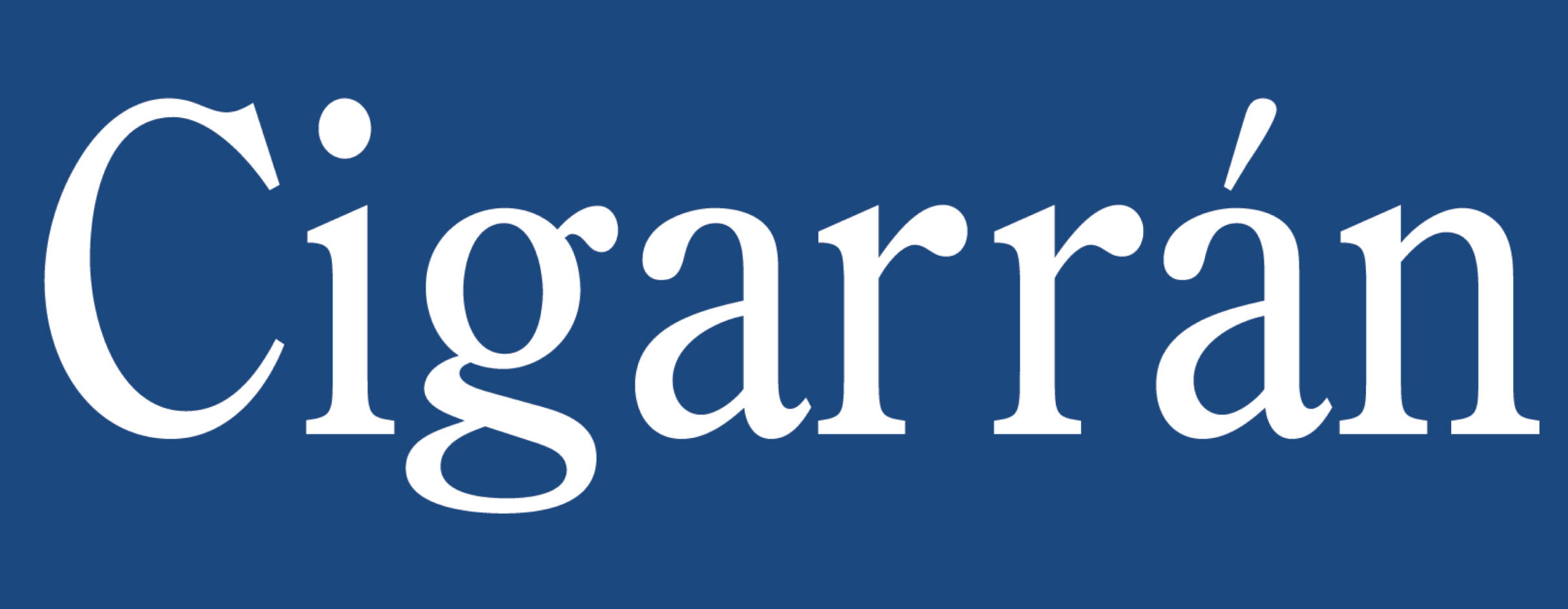Más que asesores,
compañeros de camino
Somos un socio integral para emprendedores y equipos que impulsan proyectos con ambición y vocación de servicio. Ponemos nuestra experiencia al servicio de tu proyecto, aportando criterio, confianza y herramientas prácticas para que avances con claridad.
Trabajamos en cuatro ejes que sostienen cualquier proyecto en crecimiento:
NÚMEROS
claros para decidir con confianza
Los números no deberían ser un dolor de cabeza, sino una herramienta para tomar mejores decisiones.
Nuestra experiencia convierte lo complejo en sencillo: informes que hablan tu idioma, plazos bajo control y una visión real de cómo va tu proyecto. Con números claros puedes decidir con confianza y dormir tranquilo.

TECNOLOGÍA
Está para hacerte la vida más fácil, no más compleja.
Implantamos y acompañamos en herramientas que realmente funcionan: BOS, facturación electrónica, control horario e integraciones que te ahorran horas cada semana.
Nuestra misión es que la tecnología trabaje para ti, para que tú te centres en hacer crecer tu proyecto.
PERSONAS
Las personas son el corazón de cualquier proyecto.
En Cigarrán te ayudamos a contratar con seguridad, retribuir de forma justa y diseñar políticas claras que eviten fricciones. También incorporamos la selección de talento como servicio, para que encuentres a quienes encajan desde el primer día.
Nuestra experiencia en gestión laboral se convierte en soluciones prácticas para que tu equipo esté cuidado, motivado y en marcha.
LEGAL
Un marco seguro para crecer.
Cada proyecto necesita una base sólida para avanzar sin tropiezos.
En Cigarrán ponemos nuestra experiencia legal al servicio de tu crecimiento: desde la estructura societaria hasta los contratos del día a día, pasando por la expansión internacional y el cumplimiento normativo.
Nuestro enfoque es práctico y claro: nada de documentos interminables, sino acuerdos que entiendes y reglas que te dan tranquilidad. Con un marco legal seguro, tu proyecto puede crecer con confianza.
ENTÉRATE

C/ Vallehermoso, 15 – Principal 28015 – Madrid, España
(+34) 91 355 85 15
Puedes consultar nuestra Política de Cookies.
También podrás encontrar nuestro Aviso Legal y Políticas de Privacidad.